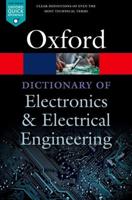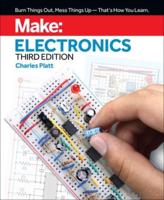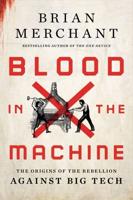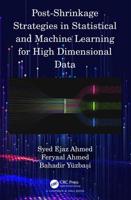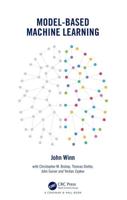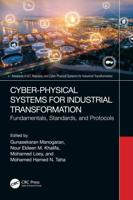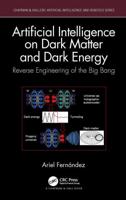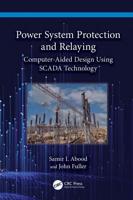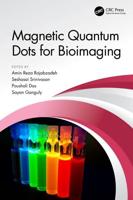Publisher's Synopsis
This advanced reference book provides a compilation of innovative data conversion techniques from a research group that has been critically shaping the evolution of analog-to-digital converter design for two decades. It presents a wealth of creative approaches across a number of different technologies, including CMOS, BiCMOS, CCD/CMOS, and Josephson technologies. The topics cover most popular architectures including the pipeline, delta-sigma, successive-approximation, flash and algorithmic converters.
Advanced Analog-Digital Conversion delves into a variety of architectural techniques that lead to reduced power consumption and improved linearity and signal-to-noise ratio of data-converters. These include self-calibration, commutative feedback and mismatch-shaping techniques. It outlines methods to construct data converters with flexible converter resolution and bandwidth that can morph across a multitude of converter architectures. It details methods to minimize and shape the noise experienced by sensitive analog circuits in large SoCs through the use of delta-sigma techniques.
Advanced Analog-Digital Conversion introduces the reader to new paradigms in data conversion by exploiting strengths of technologies while avoiding their weaknesses. They include precision switched-capacitor circuit design without the use of opamps in scaled CMOS, analog signal processing in the charge domain in CCD/CMOS, and circuits built with superconducting elements. Each of these innovations stand at the forefront of revolutionizing the way circuits may be designed in the future in their respective technology. This book captures the essence of how data converters can be designed incorporating these paradigms.



